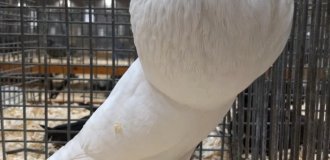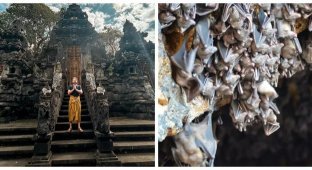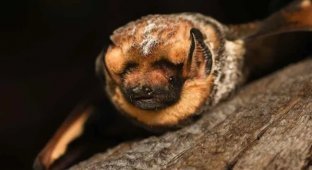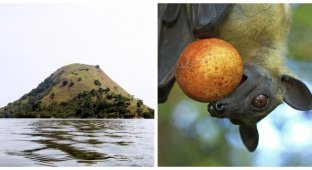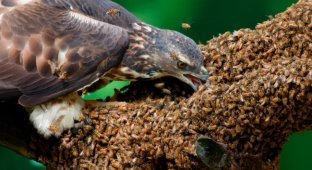A family contracted a deadly disease after searching for bats in a cave (4 photos)
Tourists brought home more than just souvenirs and experiences from Costa Rica. A family of 12 contracted a dangerous infection after visiting a cave full of bats. 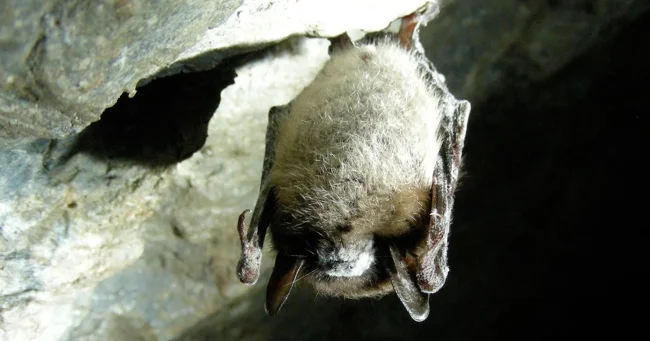
During a caving expedition, travelers contracted histoplasmosis.
Histoplasmosis is a potentially fatal lung infection caused by fungal spores in bat droppings.
Six adults, ages 43 to 49, and six children, ages 8 to 16, fell ill after returning to the United States from Manuel Antonio National Park, Costa Rica. During their trip, they had been on a tour of the Venado Caves, which had previously been the site of an outbreak of histoplasmosis. 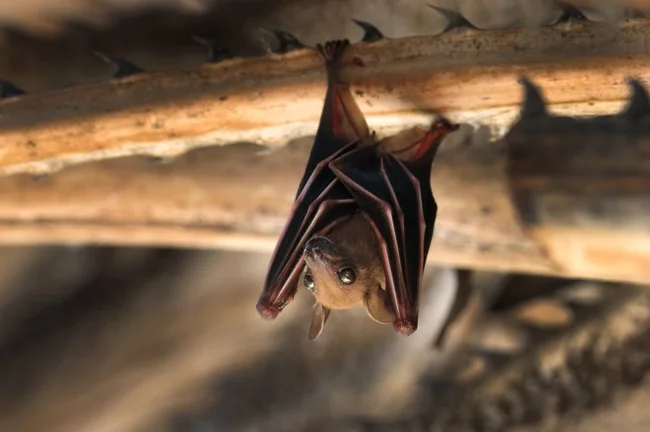
The travelers reported seeing bats and coming into contact with their droppings as they made their way through the narrow passages of the cave. The only family member who escaped infection decided not to continue the caving adventure. 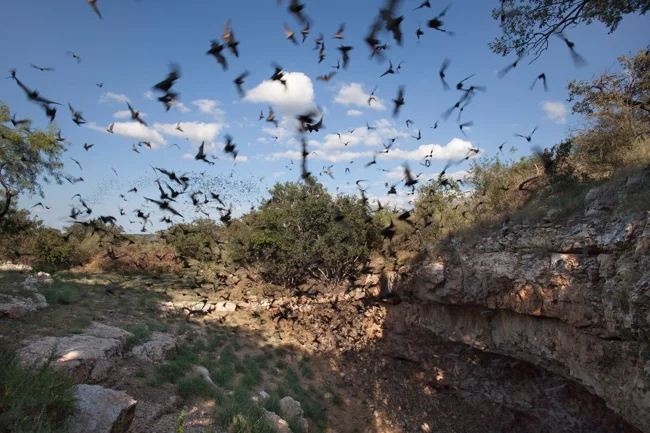
The tourists went into the cave on December 24, 2024. Eight to 19 days after returning to the United States, they developed symptoms: headache, malaise, fever, myalgia, as well as breathing and digestive problems.
Five adults and one child sought medical attention: three received antibiotics, one received corticosteroids, and another one received an antitussive drug.
One of those who sought treatment was hospitalized with suspected lung cancer. However, after examination it turned out that he had recently returned from Costa Rica. This made doctors think about possible histoplasmosis. 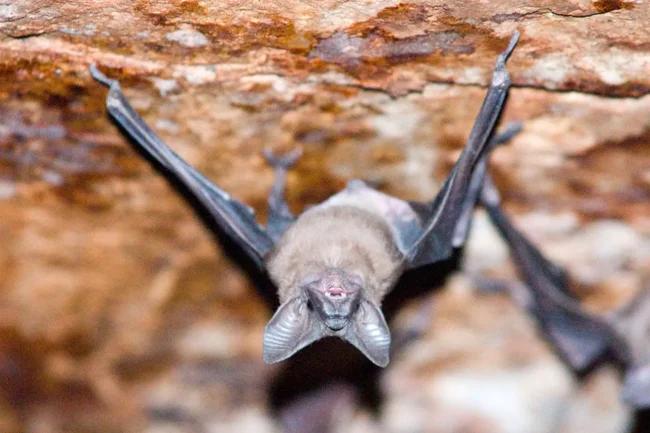
Luckily, on the 28th day after infection, all victims began to recover, which corresponds to mild to moderate histoplasmosis.
The Costa Rican Ministry of Health warns of the risks of infection during caving. Histoplasma is a fungus that causes histoplasmosis. It is found in soil and in the droppings of birds and bats. Severe forms of this infection can lead to long-term pneumonia.
